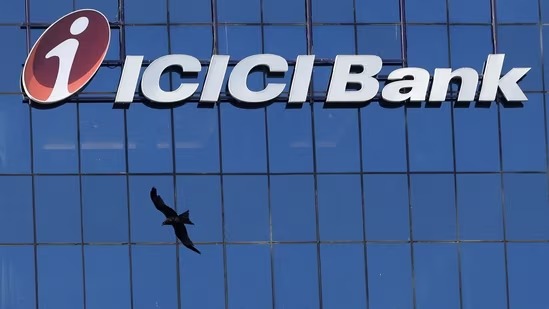ICICI Bank Raises Minimum Balance for Savings Accounts from ₹10,000 to ₹50,000

ICICI Bank has announced a big change for its savings account customers. Starting August 1, 2025, the bank will increase the minimum average balance (MAB) that customers must keep in their savings accounts. For people living in metro and urban areas, this new minimum balance has gone up from ₹10,000 to ₹50,000. This is a significant jump and will affect many customers.
For customers in rural areas, the minimum balance will also rise. It will increase from ₹2,500 to ₹10,000. This move is important because many people in rural and semi-urban areas use savings accounts with lower balance requirements. Now, they will need to keep more money in their accounts to avoid penalties.
Why Did ICICI Bank Increase the Minimum Balance?
Banks often change their rules based on business needs and economic factors. Increasing the minimum balance helps the bank manage its costs better. When customers keep more money in their accounts, banks can use these funds for loans and investments. This is good for the bank’s business but can be difficult for customers who cannot maintain higher balances.
Impact on Customers
Many customers, especially those from rural and semi-urban areas, may find it hard to maintain the new higher minimum balance. If a customer does not keep the required balance, the bank will charge a penalty. This penalty could cause financial problems for people with low income or limited savings.
The penalty charges are based on the shortfall in balance. If the customer’s account falls below the required minimum balance, the bank will charge 6 percent of the difference or ₹500, whichever is less. This means if you are short by some amount, you may have to pay a fee as a penalty.
Family Banking Program
ICICI Bank also offers a Family Banking program. Under this program, the whole family’s combined balance should be 1.5 times the required minimum balance. If the family’s total balance is less than this amount, then individual members who do not meet their own minimum balance requirement will be charged a penalty. This program encourages families to keep more money in their accounts as a group.
Exemptions and Waivers
Pensioners will not face penalty charges even if they do not maintain the minimum balance. Also, the bank may waive off penalty charges for customers who fulfill the rules of certain enrolled programs. This is a way to support specific groups of customers and avoid harsh penalties for them.
Charges on ECS/NACH Debit Returns
If there is a failed ECS (Electronic Clearing Service) or NACH (National Automated Clearing House) debit due to insufficient funds or other financial reasons, ICICI Bank will charge ₹500 per failure. However, this charge is capped at three times a month for the same mandate. This means a customer will not pay more than ₹1,500 in a month for such failed transactions.
Cheque Return Charges
ICICI Bank also charges fees if cheques bounce or get returned. For outward cheque returns (cheques deposited by customers that bounce due to financial reasons), the bank will charge ₹200 per instance.
For inward cheque returns (cheques issued by customers), the charges are higher. The bank will charge ₹500 for each returned cheque if the reason is financial, and ₹50 per returned cheque for non-financial reasons (except signature-related issues).
What Can Customers Do?
This change may lead some customers to think about switching their bank. Many banks offer savings accounts with lower or no minimum balance requirements. Customers can also look for basic savings accounts, which usually do not have minimum balance rules.
It is important for customers to review their current bank accounts and decide if they can meet the new balance requirements. If maintaining ₹50,000 in metro and urban areas or ₹10,000 in rural areas is difficult, switching to a different account or bank could be better.
Conclusion
ICICI Bank’s decision to raise the minimum balance requirement is a major move affecting thousands of customers across India. While it helps the bank manage its business better, customers must take care to maintain the required balance or face penalties. This change will especially impact low-income customers in rural and semi-urban areas. Customers should understand the new rules, check their account status, and choose the best option to avoid extra charges.




